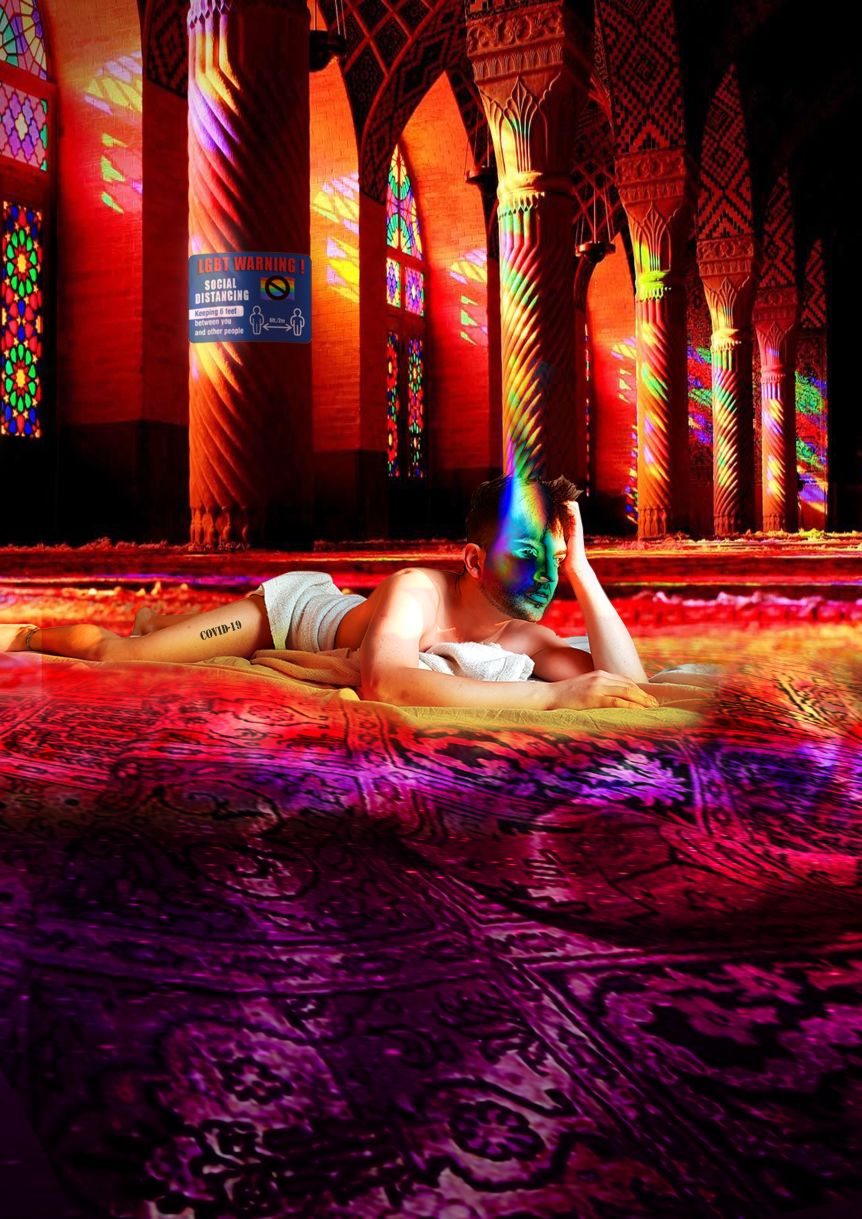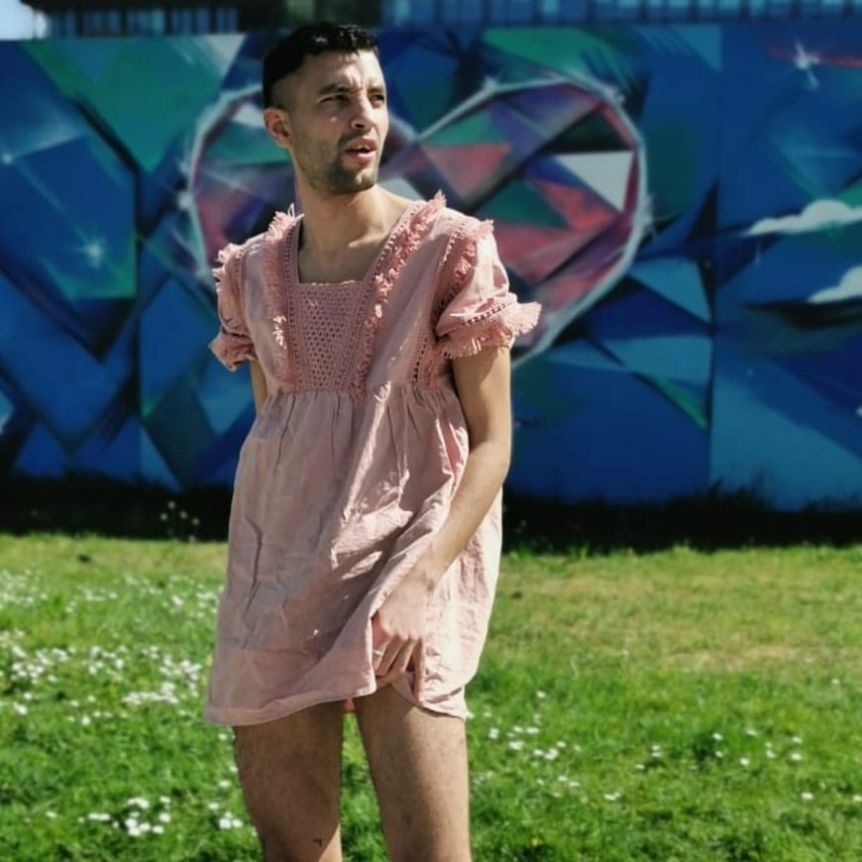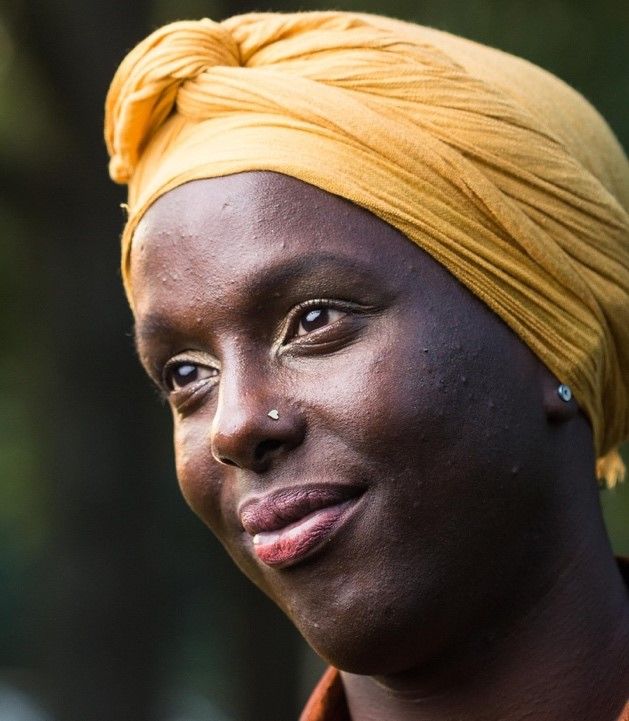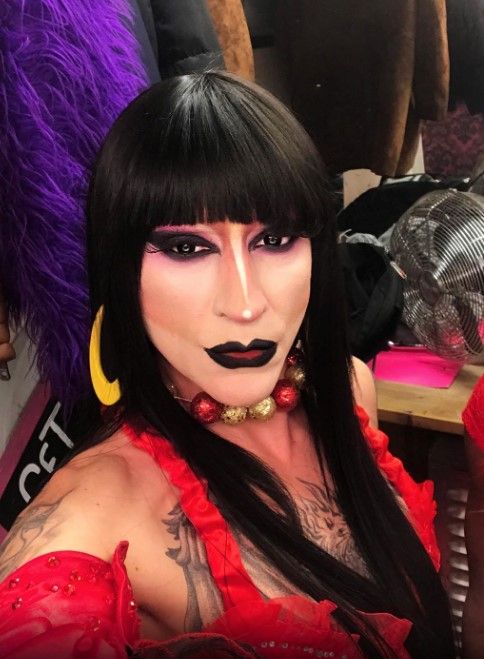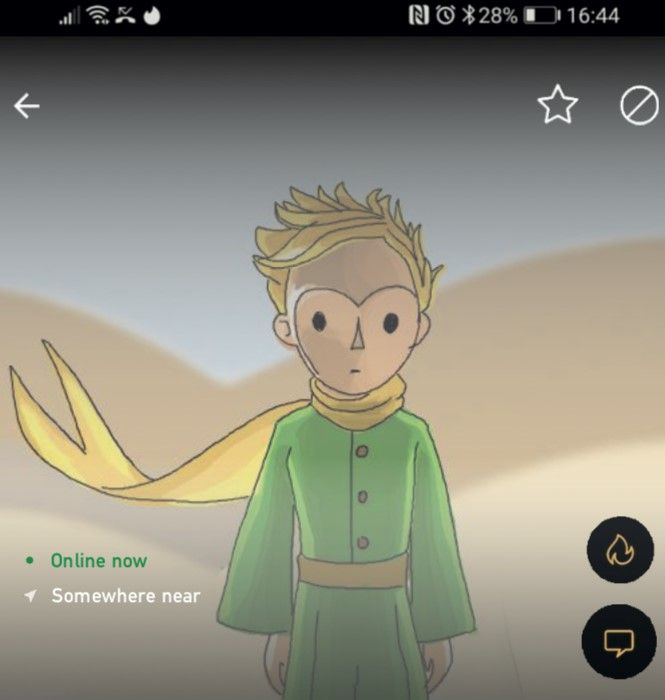In the Netherlands, one of our researchers, Fabian Holle, is conducting research on the role of art practices in the lives of 10 LGBTQ+ artists with a forced migration background. Fabian Holle initiated this research project as a master student (supported by PhD researcher Maria Rast) and is now continuing it as a PhD candidate.
Due to COVID-19 (and measures taken to contain it), these artists are dealing with uncertainties, anxieties and separation from their communities and loved ones. Additionally, seeing that most artistic assignments and events have been cancelled, some experience a loss of income. Through Art for Change, we try to find a way (and learn more about how) to show solidarity through engaged scholarship in times of a pandemic. We began by connecting with these artists (online), engaging in conversations and interviews, and inviting them to develop remunerated artistic works (using creative writing, music, graphic design and film) about (their) experiences of the COVID-19 pandemic.
Through processes of (knowledge) co-creation, collaboration, and curation, we documented stories of these artists’ challenges and resilience during the COVID-19 pandemic. Taking into consideration that arts-based research methods bear the potential of creating a novel space for alternative narratives, critical voices, emotions, hope, and creative ideas, our aim was also to establish a space for stories that challenge and unsettle dominant negative images of refugees.
The stories and artistic works are moving, unsettling, and profound, as the artists express their experiences and feelings at the intersection of gender, sexuality and (forced) migration. At times, the artists challenge, call out and resist exclusion in their stories and works with anger and defiance: “We are tired and not going to shut up about it” (Sadiqa). While at the same time, they express beauty, humor and vulnerability in collectivity: “A hurricane of queer voices, coming together in solidarity” (Mamakil). The works break down stereotypes concerning refugees, queers, gender norms, sexuality and sexual practices. Unquestionably, COVID-19 and its physical distancing measures have brought real challenges for these artists and their communities. However, the stories reveal that it has also been a time for reflection and inspiration. In fact, most artists have (re)connected with their art practices, (re)considered what they found important and/or explored new paths…
Together with these artists, we have decided on how to share their stories (based on their artistic works and interviews/conversations) on our website. They are free to share their stories in their own name, anonymously or via a pseudonym, and they have co-ownership of the final products and may use them for purposes other than Art for Change. The stories will be published here in the month July, 2020.
If you want to learn more about the research, you can read this publication:
Holle, F., Rast, M.C., & H. Ghorashi (2021). Exilic (Art) Narratives of Queer Refugees Challenging Dominant Hegemonies. Frontiers in Sociology, 10 mei 2021.
A continuation of this research collaboration can be found here: LIMBO - queer exilic narratives
In this video, the study is very briefly explained:

